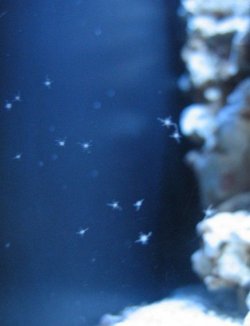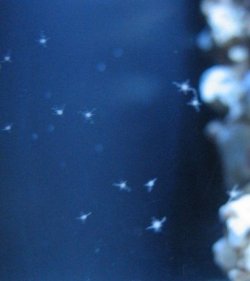Hi,
Could someone explain what these white spots are that I'm getting.
Its a new set up, approx 1 week old (TL 550) and I've just noticed white spots with what looks like tenticels!!!
They seem to hang on to the glass!!!!!........ very small.
Could any one explain this please?
Thanks
Could someone explain what these white spots are that I'm getting.
Its a new set up, approx 1 week old (TL 550) and I've just noticed white spots with what looks like tenticels!!!
They seem to hang on to the glass!!!!!........ very small.
Could any one explain this please?

Thanks





 /www.fishforums.net/index.php?showto...p;#entry2237038
/www.fishforums.net/index.php?showto...p;#entry2237038
